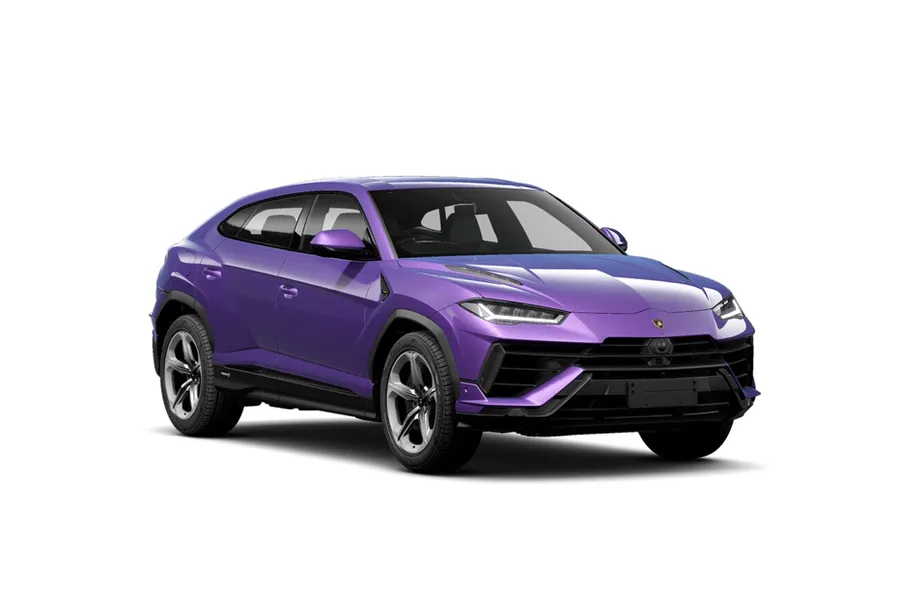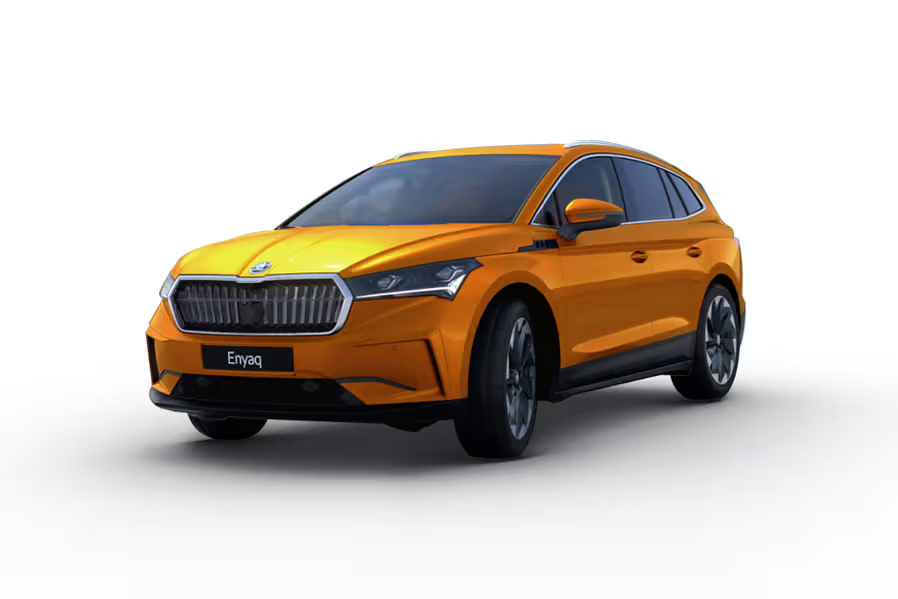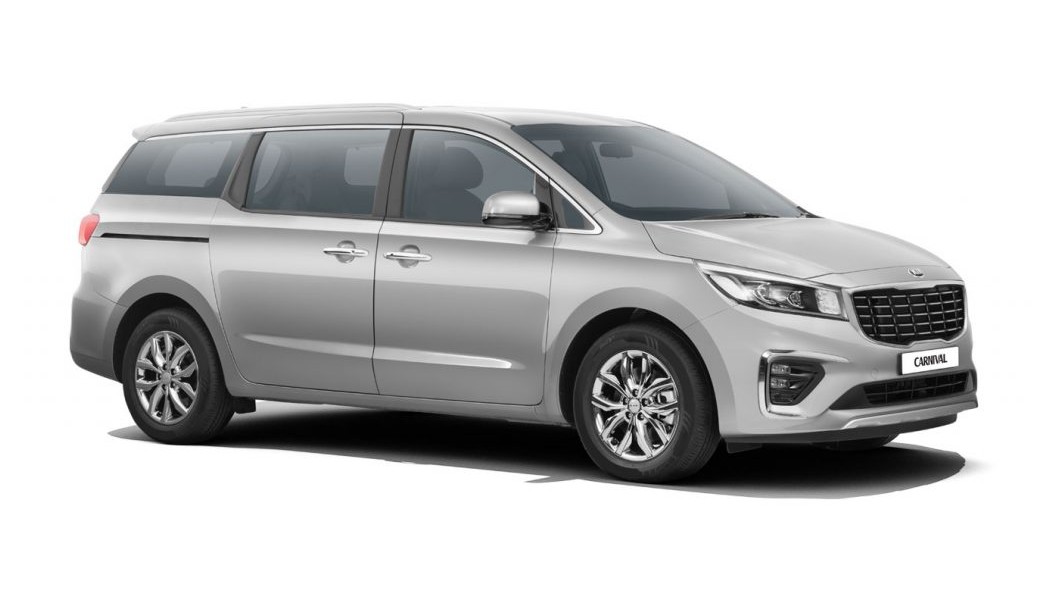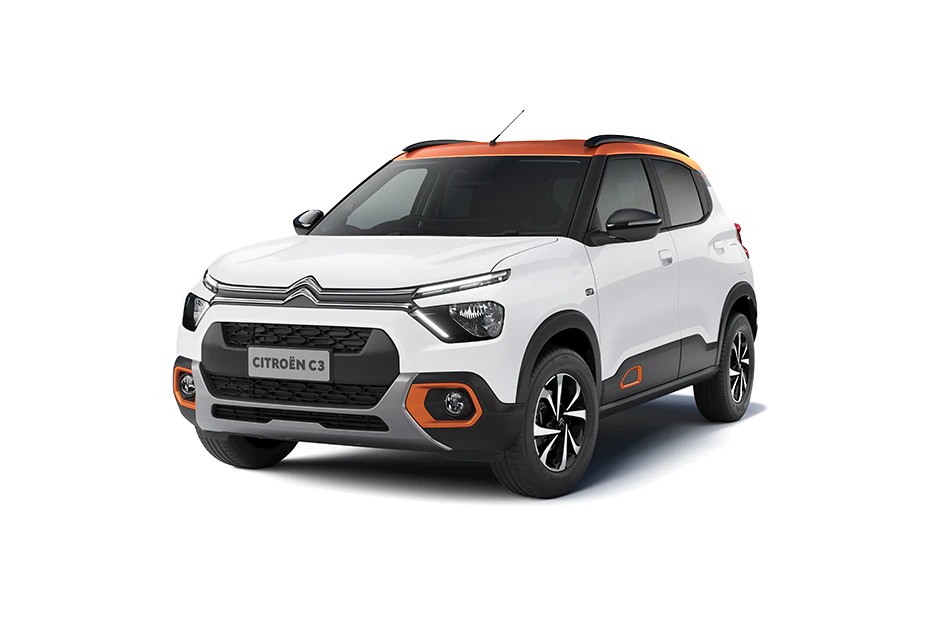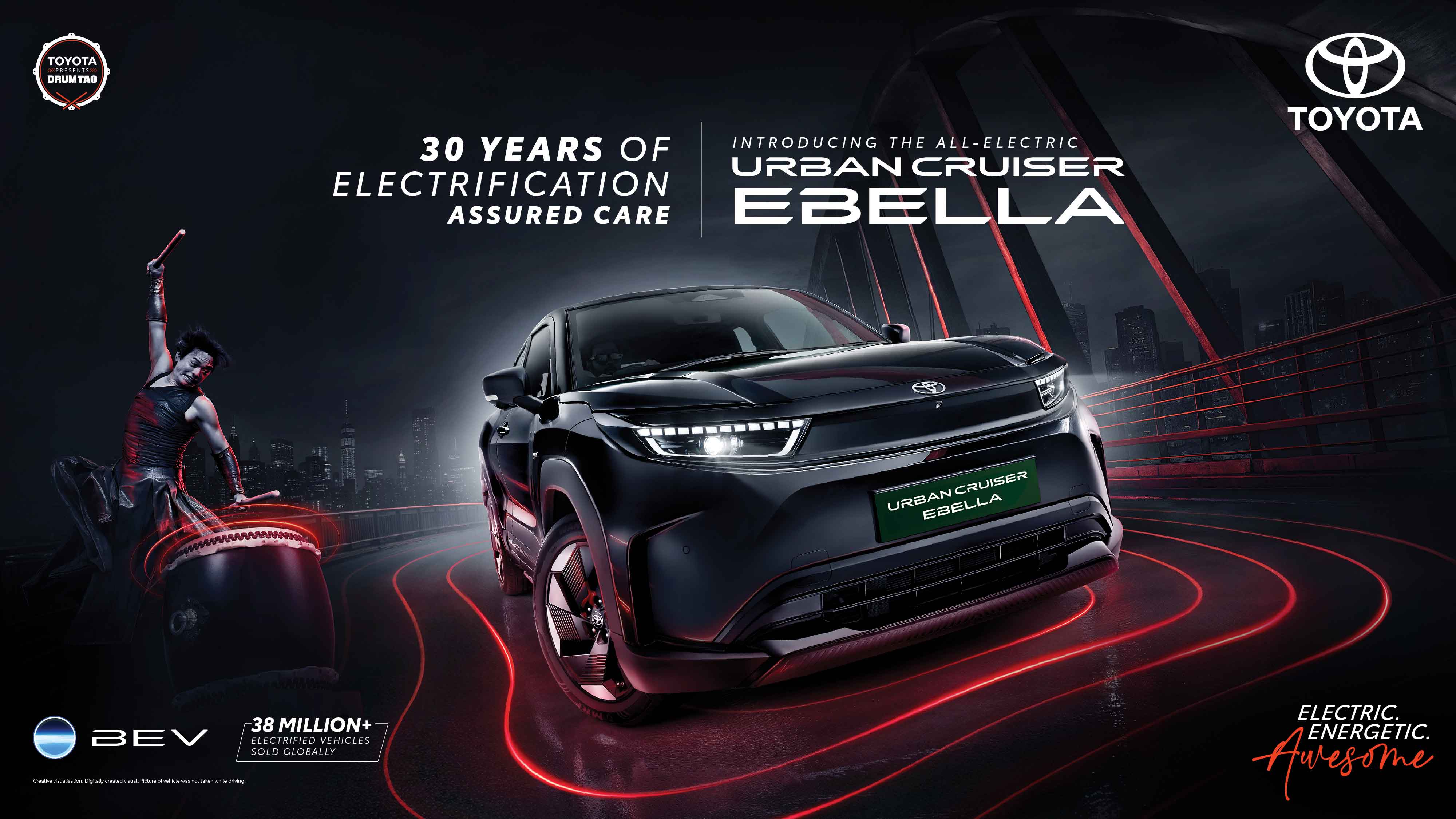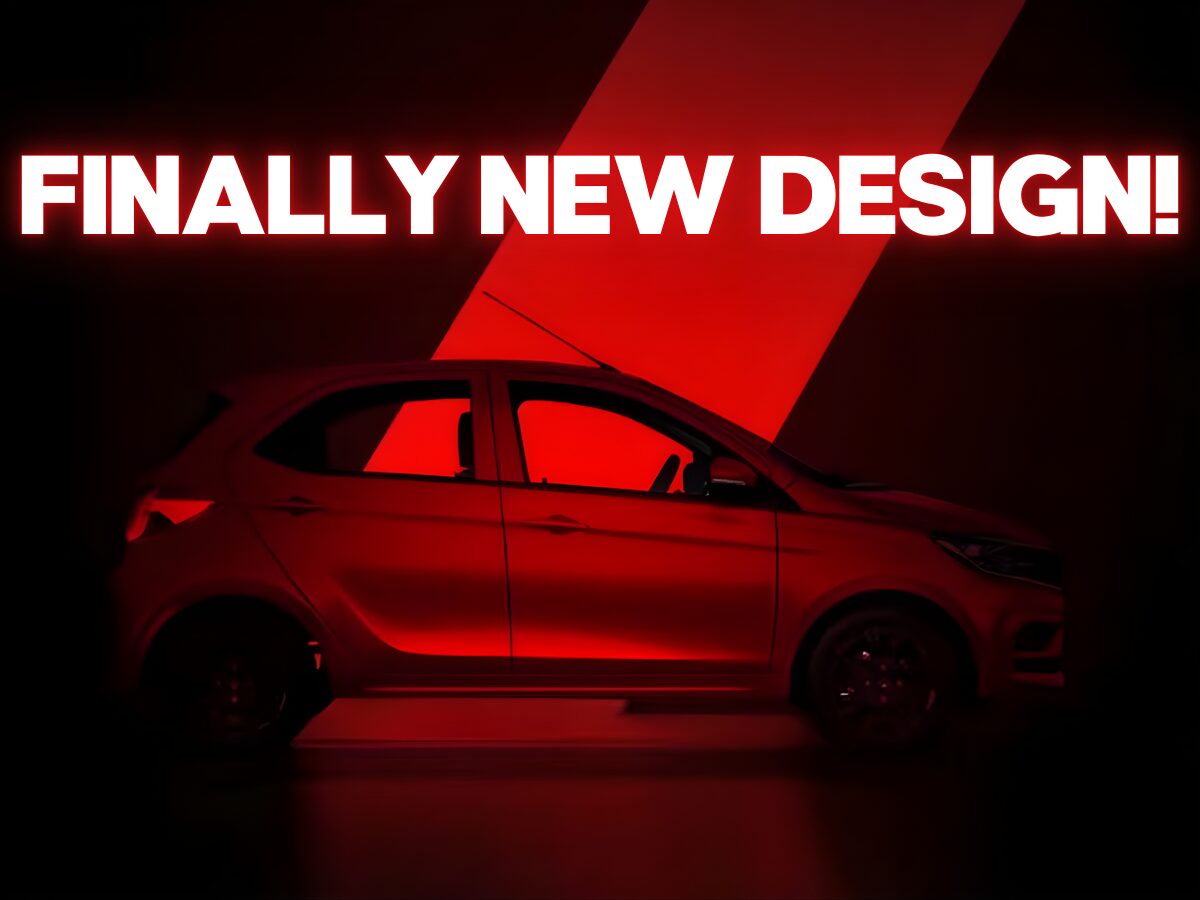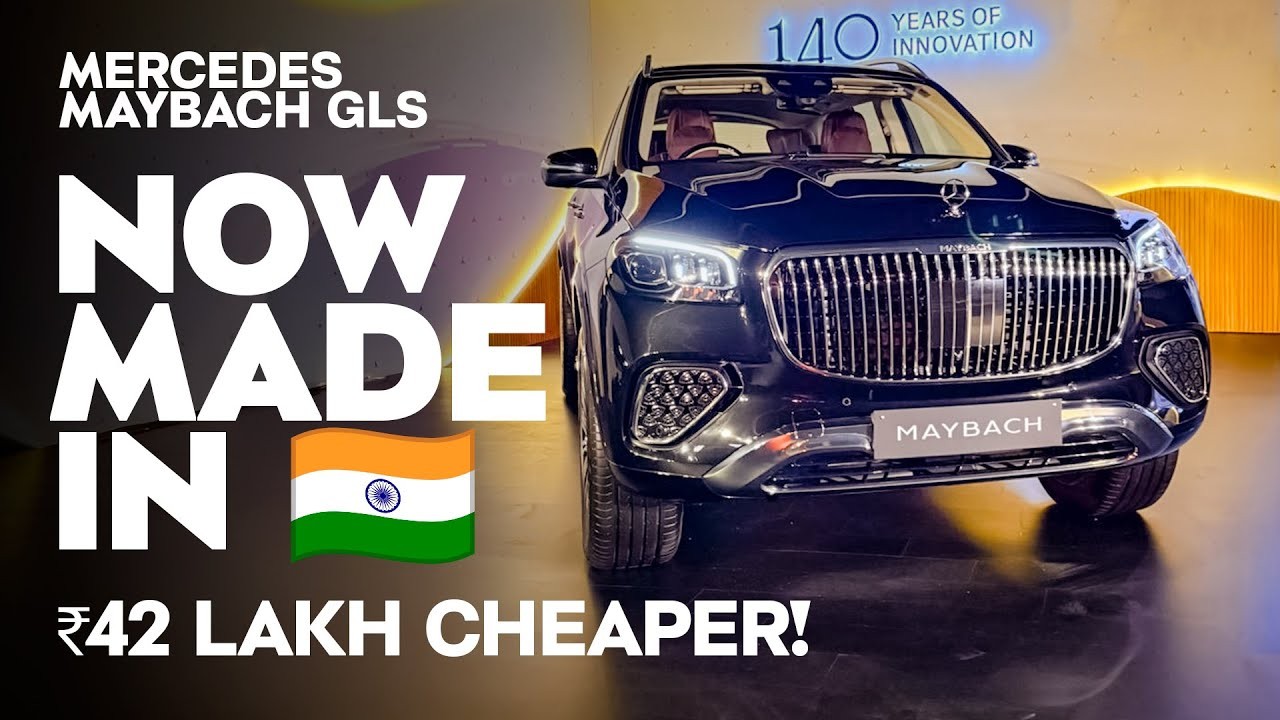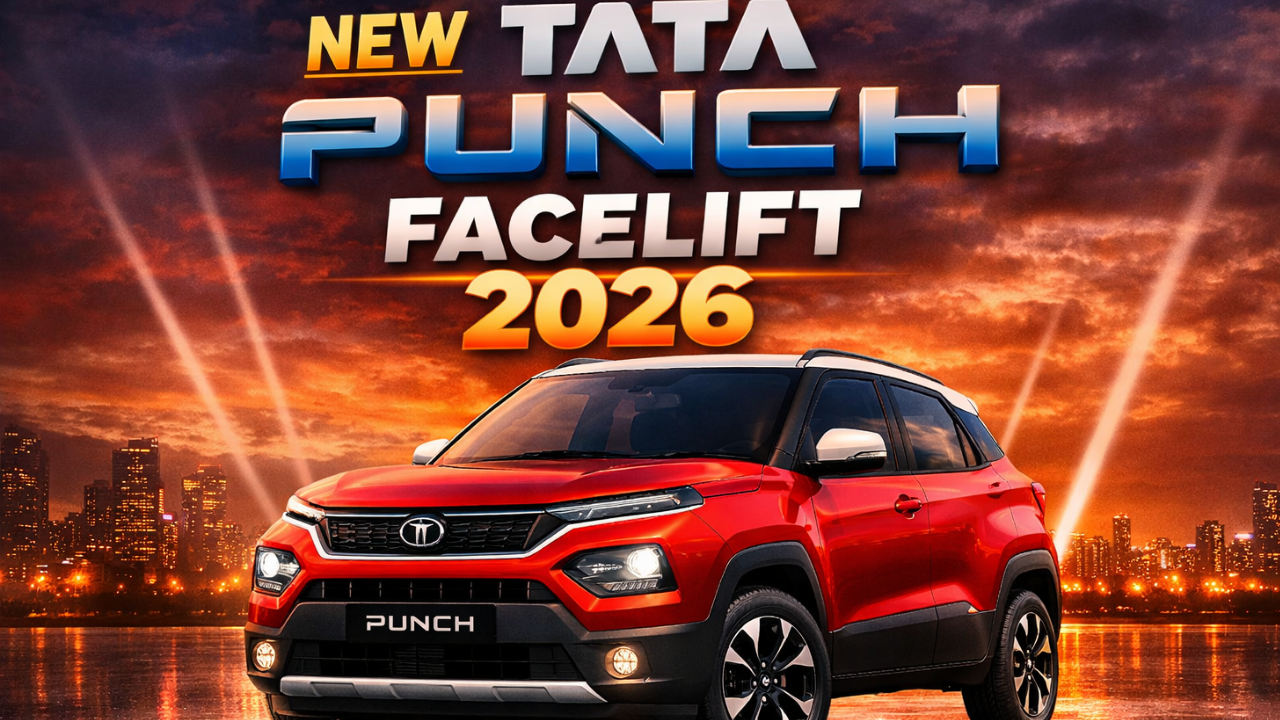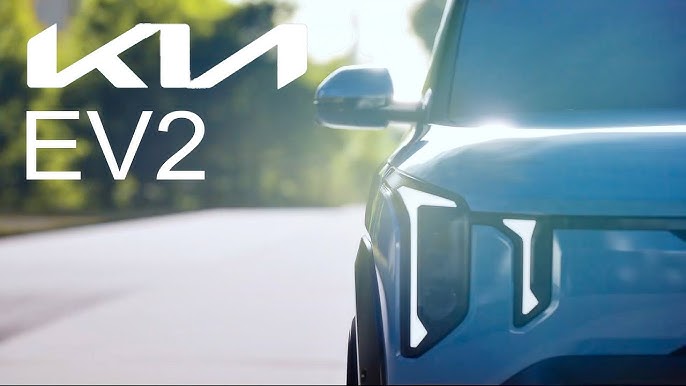A Guide to Buy a Bus 2026 | Best Bus for Business | Buying Tips and Considerations
 Ishita Sharma 2025-11-07
Ishita Sharma 2025-11-07
.jpg)
A Guide to Buy a Bus 2026
Buying a bus for business or commercial purposes is a significant investment that requires careful planning and research. Whether you are purchasing a bus for school transportation, tourism, employee transfers, or shuttle services, making the right decision will ensure safety, comfort, and long-term profitability. A Guide to Buy a Bus walks you through the tips and considerations to consider when buying a bus for business, the best types for business, and expert tips to help you make a smart purchase.
1. Determine Your Business Needs
Before you start shopping for a bus, it’s important to define your operational requirements. Ask yourself:
- Purpose of the Bus: Will it be used for school children, tourists, corporate employees, or intercity transport?
- Passenger Capacity: How many people do you need to accommodate regularly?
- Route and Distance: Will the bus operate in city traffic, rural areas, or long highways?
- Frequency of Use: Will it run daily or occasionally?
Your answers will guide you toward the right size, design, and specifications for your business.
Best Commercial Bus, Variants and Price
2. Choose the Right Type of Bus
There are different types of buses suited for various commercial applications:
- Mini Buses (15–30 seats): Ideal for small groups, airport shuttles, or short-distance routes.
- Midi Buses (30–40 seats): Suitable for medium-range routes, schools, or corporate commuting.
- Full-Size Buses (40–60+ seats): Perfect for intercity or tourism operations where comfort and capacity are key.
- Electric Buses: A sustainable choice that reduces fuel costs and environmental impact.
- Luxury Coaches: Designed for premium tours and long-distance travel with added comfort and amenities.
TATA Bus Variants with Price in India
3. New vs. Used Bus: Which to Buy?
Both options have pros and cons:
- New Bus:
- Pros: Latest technology, warranty, low maintenance.
- Cons: Higher upfront cost.
- Used Bus:
- Pros: Budget-friendly, quick availability.
- Cons: Potential for wear, maintenance, and outdated features.
If buying used, always inspect the engine, body, tires, and interior thoroughly. Request service records and ensure all legal documents are in order.
4. Key Features and Specifications to Check
When evaluating buses, consider the following essential features:
- Engine type and fuel efficiency (Diesel, CNG, Electric, Hybrid)
- Seating comfort and layout
- Air conditioning and ventilation
- Suspension system and ride quality
- Storage space (for luggage or equipment)
- Safety features like ABS, airbags, seatbelts, and fire extinguishers
- Accessibility (especially if you serve elderly or differently-abled passengers)
5. Budget and Financing Options
Determine your total budget, including the cost of registration, insurance, permits, and customisation. Many dealers and financial institutions offer bus loans or leasing options that make it easier to manage cash flow. Always compare interest rates and repayment terms before committing.
6. After-Sales Support and Maintenance
Choose a brand or dealer known for reliable after-sales service, availability of spare parts, and authorised service centres. Regular maintenance keeps the bus in good condition, ensuring passenger safety and extending the vehicle’s lifespan.
7. Top Bus Brands for Commercial Use
Some of the most trusted bus manufacturers include:
- Tata Motors
- Ashok Leyland
- Volvo Buses
- Eicher Motors
- BharatBenz
- Force Motors
- Isuzu and Scania
Each brand offers different models designed for specific business applications, from school buses to luxury coaches.
8. Legal and Safety Compliance
Ensure your bus meets all local transport regulations, such as emission standards, passenger safety norms, and licensing requirements. Proper documentation protects your business from legal issues and builds trust with clients.
Buying a bus for your business is not just about the price — it’s about finding the right balance between performance, comfort, safety, and long-term value. By carefully assessing your needs, researching models, and evaluating ownership costs, you can invest in a bus that drives growth and reliability for years to come.
Quick Summary: Key Considerations
- Define your business use and passenger capacity.
- Choose the right type of bus (mini, midi, or full-size).
- Decide between new and used based on your budget.
- Focus on safety, comfort, and fuel efficiency.
- Partner with a trusted brand and dealer.
- Ensure compliance with transport regulations.
Get vehicle buying tips & guidance, car sales, bikes sales and commercial vehicle visits to wheels42.com anytime.



